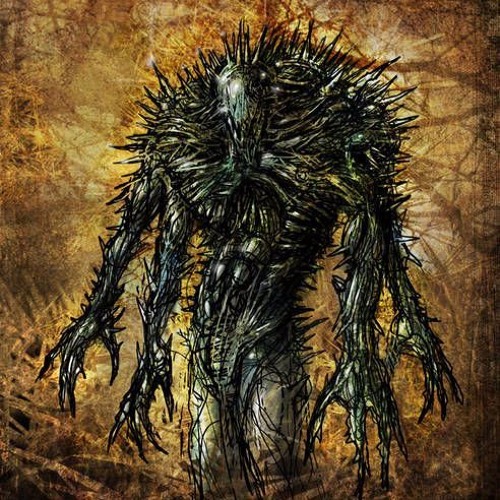Jóhann Jóhannsson made a version of it before he died. A more conventional style would be impossible, though, yeah.
As for which niche sci fi book series will be adapted next, I can definitely say it won't be the Night's Dawn Trilogy. I don't think many directors have the skill or guts to make a space opera series where the superpowered ghost of Al Capone is a threat to human civilization. I expect it's more likely to be an adaptation of Ian McDonald's Luna series (though I think his Chaga series would be a much cooler set of books to adapt).
They should do Age of Scorpio it'd be so funny

